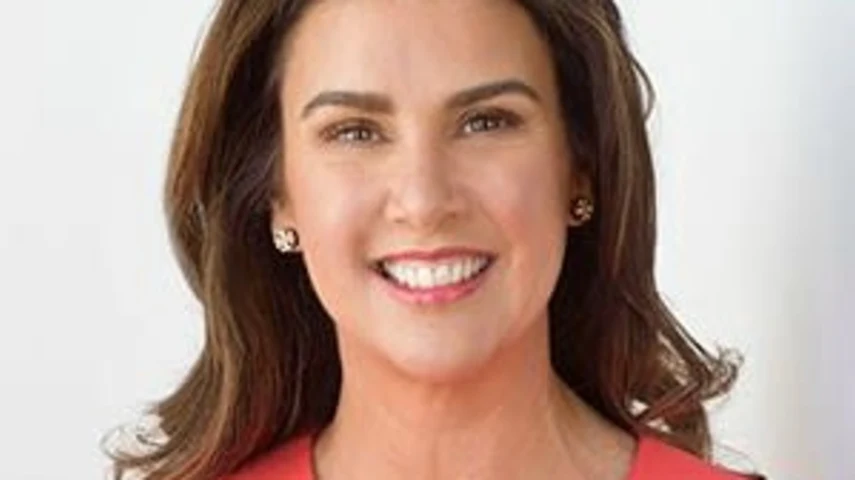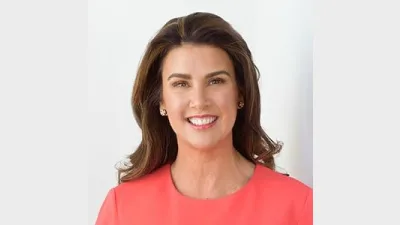Hume questions validity of super fund fee increases



The Assistant Minister for Superannuation, Financial Services and Financial Technology, Senator Jane Hume has fired another shot over the bows of superannuation funds which have raised fees, suggesting the financial services regulators might care to scrutinise the funds.
Addressing a superannuation forum, Hume also questioned whether some funds were increasing fees because they had run down their administration reserves to historical lows.
“If a fund that has run down their administration reserves to historical lows over recent years then suddenly hikes fees to rebuild their buffers, I take a rather sceptical view of claims that the fee increases are the result of Government initiatives aimed at protecting small super accounts,” Hume said. “And I suspect the public will too. These claims will face scrutiny from the media, from their members, maybe from the regulators, and certainly from this government.”
The assistant minister said that many funds that received a substantial proportion of default super contribution had increased their administration fees in recent years irrespective of whether they were industry, retail or corporate funds.
“If some funds, especially the smaller ones, are increasing their fees because they are not of a size to spread the overheads required to invest in modern systems and deal with current compliance obligations, it truly speaks to everything I’ve said recently about the need to consider merging. Increasing fees and relying on employee inertia is a lazy solution and not in the best interests of members,” she said.
“But when it comes to some of the larger funds, we may need to dig a little deeper to find out the reasons behind fee increases.”
Recommended for you
Super trustees need to be prepared for the potential that the AI rise could cause billions of assets to shift in superannuation, according to an academic from the University of Technology Sydney.
AMP’s superannuation business has returned to outflows in the third quarter of 2025 after reporting its first positive cash flow since 2017 last quarter.
The major changes to the proposed $3 million super tax legislation have been welcomed across the superannuation industry.
In holding the cash rate steady in September, the RBA has judged that policy remains restrictive even as housing and credit growth gather pace.









